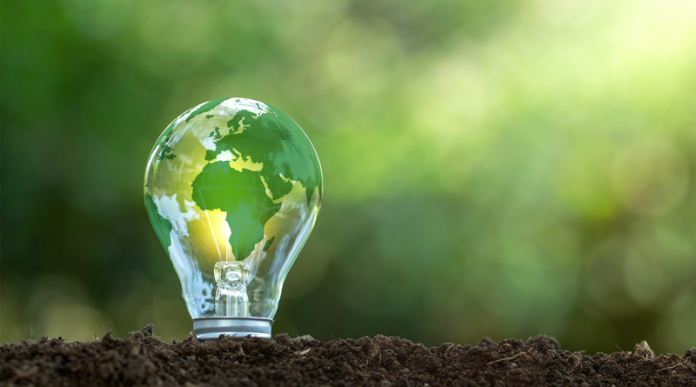Morocco is becoming a leading force in green energy in Africa. The country has put structures in place that use renewable energy to propel economic growth, environmental sustainability, and social progress. Investments in solar, hydro, and wind make the North African country a role model to other nations in Africa.
Morocco’s Plan to Go Green
By 2030, Morocco hopes to achieve a 52% increase in the use of renewable energy with its investments in solar, hydropower, and wind. The country’s plan includes replacing fossil fuel dependency with a diversified mix of energy to reduce the rate at which it imports energy. The government has invested in the development of infrastructure, including regulating the energy environment to support the growth of the private sector. Morocco’s policies support its global commitments, such as the Paris Agreement on climate change.
Key Projects in Renewable Energy
Among Morocco’s key renewable projects is the Noor Solar Complex in Ouarzazate, one of the world’s largest concentrated solar power (CSP) plants. Noor I, II, and III produce more than 500 MW and give Morocco the edge in becoming a leader in solar energy in the world. Wind energy is also another area Morocco is exploring. With land wind farms set up along the coasts, the country hopes to expand its wind energy capacity. Morocco’s Xlinks project, another standout initiative, intends to export solar and wind energy to the United Kingdom. The project, which costs $20 billion, will supply 8% of the UK’s electricity needs by 2030.
Employment and The Green Economy
The green energy sector is diversifying Morocco’s economy. The country is building industries in renewable energy production, including solar power manufacturing, clean tech, and green energy services. In rural areas, people have jobs as a result of renewable energy projects, which have created thousands, with more expected to be available with new projects. The government has outlined projects that ensure that marginalized groups like women and youth have access to green energy jobs. Small and medium-sized enterprises (SMEs) are profiting from new business opportunities arising from energy access in rural communities. The Moroccan government also intends to provide SMEs and green tech startups incentives as part of its broader economic strategy.
Integrating Water and Energy For Sustainability
With its renewable energy projects, Morocco is adding water management, particularly focusing on the desalination of seawater. Many of the country’s renewable projects, including solar and wind farms, provide the crucial power needed to run desalination plants, which supply water for urban consumption in scarce regions. The OCP Group, one of the world’s leading phosphate producers, is investing in green hydrogen production powered by renewable energy. Such an investment will propel Morocco’s agricultural sector forward by providing a cleaner source of energy for production, transportation, and fertilizers.
Conclusion
Morocco’s green energy efforts are about creating a sustainable, inclusive economy and meeting renewable energy targets. The integration of renewable energy, water management, and green tech is leaving a mark for Africa and the world to follow.
If Morocco wants to maintain its leadership in the green energy race, continued innovation and collaboration with international partners are key.




